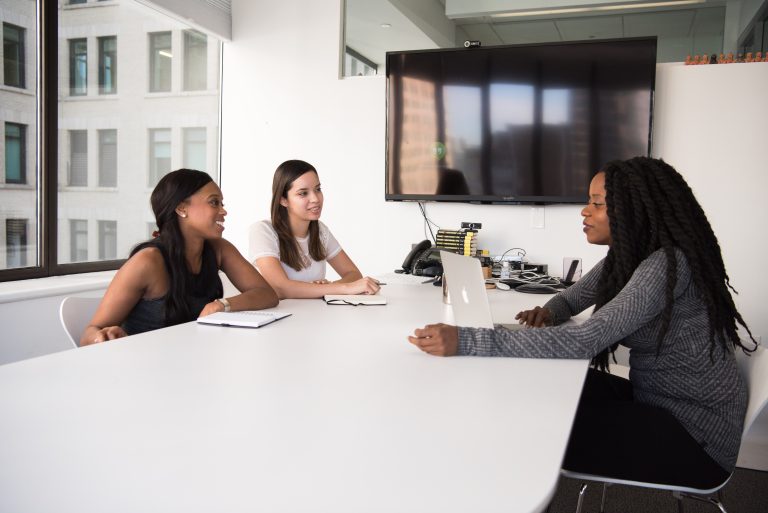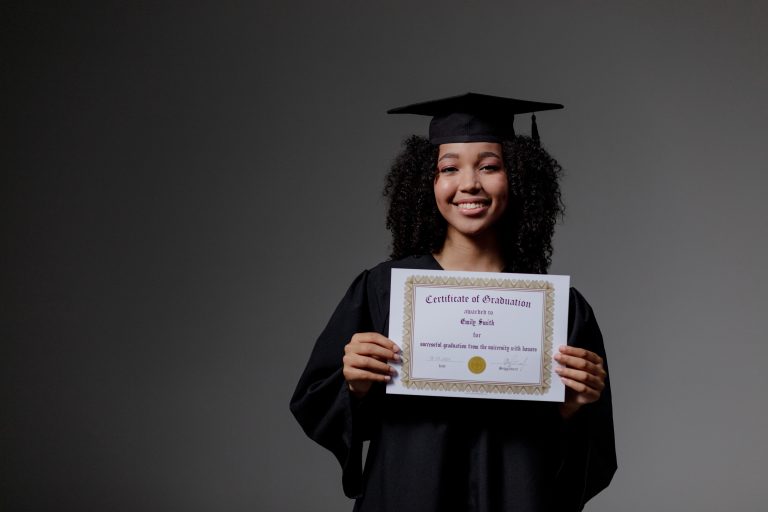What Is A Cover Letter
Learn all about cover letters with “What Is A Cover Letter”! This ultimate guide provides tips and examples to help you craft a compelling cover letter that stands out. Say goodbye to generic applications and hello to success!
Are you ready to take your job application to the next level? Look no further! Introducing “What Is A Cover Letter,” the ultimate guide to crafting a compelling cover letter that will grab the attention of hiring managers. In this concise and easy-to-understand product, we breakdown the fundamental aspects of a cover letter and provide invaluable tips and examples to help you stand out from the crowd. Whether you’re a seasoned professional or a fresh graduate, “What Is A Cover Letter” is your go-to resource for mastering this essential job search tool. Goodbye to generic and lackluster applications, and hello to success!
What is a cover letter?
Definition
A cover letter is a document that accompanies your resume when applying for a job or internship. It is a personalized letter that introduces yourself to the hiring manager and highlights your key qualifications. A cover letter is typically one page long and consists of several components, which we will explore in more detail later on.

Purpose
The purpose of a cover letter is to give you the opportunity to showcase your personality, skills, and experiences in a more informal and personalized way than a resume alone. It serves as a platform for you to introduce yourself, highlight your key qualifications that align with the job requirements, express your enthusiasm for the position, and provide any additional information that may support your application.
Importance
A cover letter is a crucial component of your job application for several reasons.
Differentiating factor
In a competitive job market, a well-crafted cover letter can help you stand out from other applicants. It provides an opportunity to highlight your unique qualifications and experiences that may not be evident from your resume alone. By showcasing your personality, writing skills, and enthusiasm for the position, you can leave a lasting impression on the hiring manager.
First impression
A cover letter is often the first impression you make on a hiring manager. It is an opportunity to grab their attention and make a positive impact. A well-written and engaging cover letter can pique their interest and encourage them to review your resume more carefully.
Customization
Each job application is unique, and a cover letter allows you to tailor your application to the specific role and company you are applying to. By customizing your cover letter, you can demonstrate your knowledge of the company, industry, and the specific skills and qualifications they seek in a candidate. This level of customization shows your commitment and interest in the opportunity.
Attention to detail
By including a cover letter, you showcase your attention to detail and professionalism. It demonstrates that you have taken the time to craft a personalized letter for the company and position. This attention to detail can set you apart from other candidates who may have only submitted their resume.

Components
A cover letter is composed of several key components. Let’s break them down:
Contact information
Your contact information, including your full name, phone number, email address, and mailing address should be included at the top of the letter. This allows the hiring manager to easily reach out to you for further communication.
Salutation
Address the hiring manager by their name if it is known. If not, you can use general salutations such as “Dear Hiring Manager” or “To Whom It May Concern.” Make sure to use appropriate and professional language throughout the letter.
Introduction
In the introduction, briefly introduce yourself and mention the job position you are applying for. You can also mention how you learned about the job opening, whether through a job listing, a referral, or any other source.
Body paragraphs
The body of the cover letter is where you can expand on your qualifications and experiences that make you a strong fit for the position. Highlight specific examples of your achievements, skills, and experiences that align with the job requirements. Be sure to use confident language and provide evidence to support your claims.
Closing
In the closing paragraph, reiterate your interest in the position and mention that you would welcome the opportunity to discuss how your skills and qualifications align with the company’s goals. Thank the hiring manager for considering your application and express your eagerness to move forward in the hiring process.
Signature
End the cover letter with a formal closing, such as “Sincerely” or “Best regards,” followed by your full name. You can also include your contact information again, such as your phone number and email address, in case the hiring manager needs to reach you quickly.
In conclusion, a cover letter is a valuable tool in your job application process. It allows you to introduce yourself, highlight your qualifications, show enthusiasm for the position, and provide additional information. By crafting a well-written and tailored cover letter, you can increase your chances of standing out from the competition and securing an interview. Take the time to personalize each cover letter to make a lasting impression and demonstrate your commitment to the opportunity.







